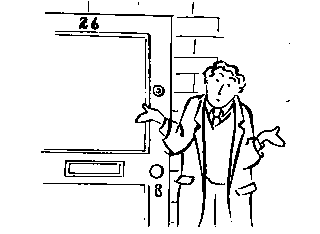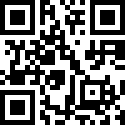Unit 28. Must and can't
(использование оборотов must и can't)
Study this example:
 |
We use must to say that we feel sure something is true:
- You've been travelling all day. You must be tired.
(Travelling is tiring and you've been travelling all day, so you must be tired.) - 'Jim is a hard worker.' 'Jim? A hard worker? You must be joking. He's very lazy.'
- Carol must get very bored in her job. She does the same thing every day.
- You've just had lunch. You can't be hungry already.
(People are not normally hungry just after eating a meal. You've just eaten, so you can't be hungry.) - Brian said he would definitely be here before 9.30. It's 10 o'clock now and he's never late. He can't be coming.
- They haven't lived here for very long. They can't know many people.
| I/ you/ he (etc.) | must can't |
be (tired / hungry / at work etc.)
be (doing / coming /joking etc.) do / go / know / have etc. |
For the past we use must have (done) and can't have (done). Study this example:
|
- The phone rang but I didn't hear it. I must have been asleep.
- I've lost one of my gloves. I must have dropped it somewhere.
- Jane walked past me without speaking. She can't have seen me.
- Tom walked straight into a wall. He can't have been looking where he was going.
| I/ you/ he (etc.) | must can't |
have | been (asleep / at work etc.)
been (doing / working etc.) done / gone / known / had etc. |
Couldn't have… is possible instead of can't have…:
- She couldn't have seen me.
- Tom couldn't have been looking where he was going.
(использование оборотов can, could, (be) able to).
See Unit 31. Must ('I must go' etc.)
(использование оборотов must и have to).
See Unit 32. Must ('I must go' etc.)
(использование оборотов must, mustn't и needn't). хостинг для сайтов © Langust Agency 1999-2024, ссылка на сайт обязательна
![агентство Лангуст [переход на главную] Агентство Лангуст [переход на главную]](/pic/logo.gif)


